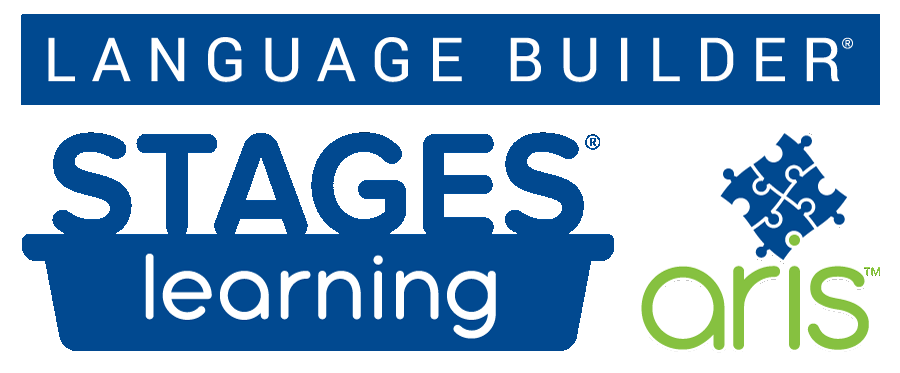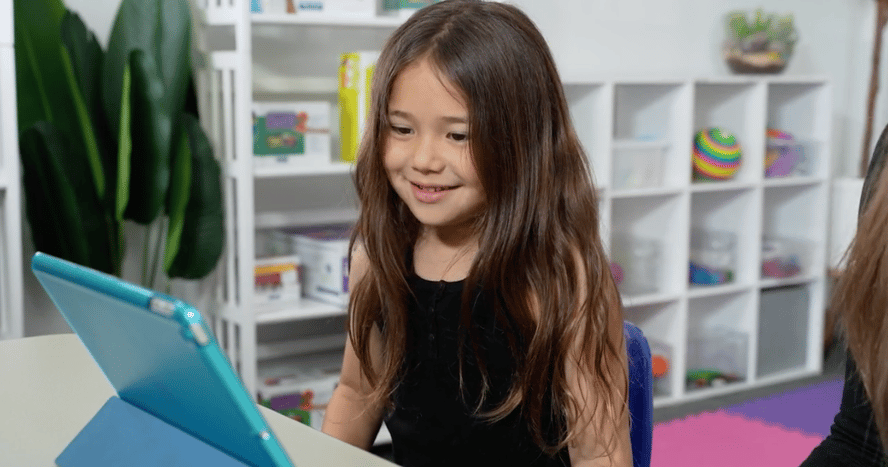
Happy Pi Day! (March 14th)
Many children with autism have special skills, talents, and abilities… memorization, art and music, computer capabilities, athletics, and more! Math skills are one area where children with autism often demonstrate superior skills, but is there a special connection between math skills and autism? According to a study by Stanford University School of Medicine, many autistic children’s brains work in a particular way that results in their approaching mathematical and numerical problem-solving differently from some of their peers.
Stanford University School of Medicine Study
According to a 2013 study by the Stanford University School of Medicine, children with autism consistently demonstrate stronger math skills than neurotypical children. This study consisted of 36 children ages 7-12, half of whom were diagnosed with autism. After completing a standardized math test, the children with autism did significantly better than those without autism.

After the test, the children were asked to explain how they solved the math problems. More often, children with autism explained breaking the problem down into smaller components and were more analytical in their approach.
The children’s brains were then measured in an MRI scanner while completing more math problems. In one particular area of the brain, the part associated with visual recognition, children with autism demonstrated unique organization patterns in one specific part of the brain. The study concluded that in children with autism, there were unique ways of processing that occurred related to specialized skills in numerical problem-solving.
Brain Function
Scientists paid close attention to the ventral temporal occipital cortex when investigating how children approach and solve math problems. This is the part of the brain devoted to visual processing skills and facial recognition. Often, children with autism experience difficulty with visual processing. The part of the brain responsible for visual processing can underperform in children with autism. However, in the Stanford study, when completing math problems, this part of the brain was illuminated in children with autism -- meaning it was working extremely hard. While their brains weren’t working on visual recognition, the children were thinking about patterns, analyzing problems, and dissecting important information. In problem-solving, children with autism demonstrated unique organizational skills.
“Our findings suggest that altered patterns of brain organization in areas typically devoted to face processing may underlie the ability of children with autism to develop specialized skills in numerical problem solving,” lead author Teresa Luculano said in response to the study.
The researchers hypothesize that perhaps in children with autism, this part of the brain focuses more on mathematical and problem-solving organization, rather than visual recognition.
Meet Daniel Tammet
 Daniel Tammet holds the European record for memorizing 22,514 digits of pi. It took Daniel 5 hours and 9 minutes to recite what he knew! Daniel is diagnosed with autism. He reports that memorizing pi became a fixed interest of his. Daniel reports having synesthesia, meaning he experiences mixed senses and perceptions. He sees words and numbers as colors and shapes.
Daniel Tammet holds the European record for memorizing 22,514 digits of pi. It took Daniel 5 hours and 9 minutes to recite what he knew! Daniel is diagnosed with autism. He reports that memorizing pi became a fixed interest of his. Daniel reports having synesthesia, meaning he experiences mixed senses and perceptions. He sees words and numbers as colors and shapes.
It took Daniel about three months to memorize all 22,514 digits of pi. Because of his synesthesia, as Daniel recited the digits of pi, his mind was conscious of the patterns of colors he saw as numbers. These color patterns quickly became memorable to Daniel, as he was able to win the European pi memorization record.
While Daniel exhibits an incredible memory, it wasn’t based on rote learning. Rote memorization is based on repetition. Instead of repeating 22,514 digits of pi over and over, Daniel focused on the patterns he “saw” through synesthesia. Much like the children in the Stanford study, Daniel’s brain demonstrated specialized skills in organizing and dissecting the digits of pi.
What Does This Mean?
While not every child with autism is a math prodigy, research suggests that children with autism may have increased math abilities. Enhanced problem-solving skills are a talent that is an advantage as children go through school and potentially get jobs in math-related fields, and in aspects of daily life, such as creating a budget. A greater understanding of how the brains of children with autism work helps to develop appropriate teaching techniques and supports.
So let’s all celebrate the strengths of our children with autism! I’m planning to celebrate Pi Day with a big slice of pie. Some bakeries and pizza restaurants give away free pies and slices on Pi Day. On Pi Day try Googling “Pi Day” and free pie or pizza and find a local bakery offering free slices on March 14th!

Let us know in the comments how you celebrate Pi Day.
We hope you enjoyed the information in this article. STAGES® Learning also offers free downloadable resources to support teaching and learning with individuals with autism. Start with our free Picture Noun Cards and see our collection of other downloadable resources here!
This article is based on the following research and online resources:
https://www.spectrumnews.org/news/superior-math-skills-may-accompany-autism-study-suggests/
https://www.sciencealert.com/autism-spectrum-disorder-mathematical-ability-hyper-systemised-thinking
https://www.cnn.com/2013/03/14/health/pi-day-memorizing-numbers/index.html
https://www.science.org/content/article/man-who-memorized-pi
https://www.cnn.com/2013/03/14/health/pi-day-memorizing-numbers/index.html





